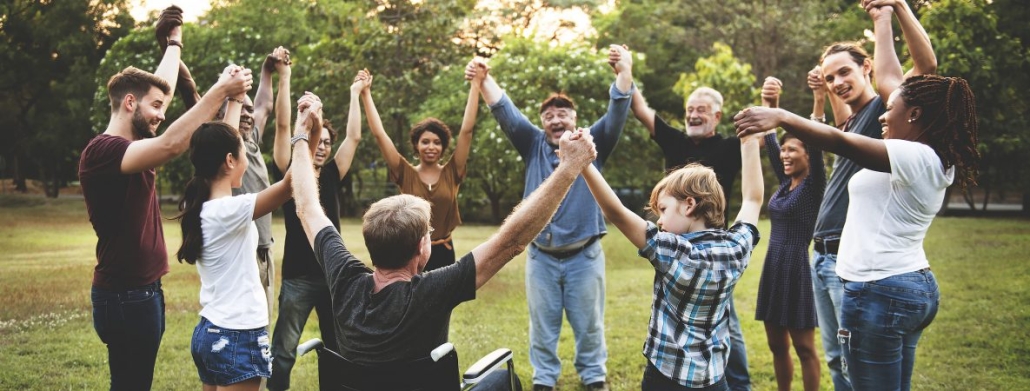Social Connectedness and Well-Being
As humans, we’ve been living intimately, socially-intertwined lives for most of our species’ existence. We have long been able to assert the importance of relationships for human’s survival, however, a much less talked about topic is the importance of relationships for humans’ well-being. In this blog, we’ll share some of the research-findings about how relationships affect our health and well-being, starting with the current state of social connectedness.
In 2023, the United States Surgeon General declared
a new public health epidemic in the United States: Loneliness.
Gallup’s 2022 study shown below, The Global State of Social Connectedness, found that “24% of the global population felt ‘very lonely’ or ‘fairly lonely.’” Of those surveyed in the United States, 23% of people reported feeling “a little connected” or “not at all connected” and 15% of people reported feeling “fairly lonely” or “very lonely.” What sort of effects does experiencing loneliness and social isolation have on peoples’ health and well-being?
According to a National Institute of Health study, “Over four decades of research has produced robust evidence that lacking social connection – and in particular, scoring high on measures of social isolation – is associated with a significantly increased risk for early death from all causes.”
“Social Isolation” is measured by the number of relationships and social roles a person has as well as the frequency of social interactions a person has. Social Isolation and Loneliness have been shown to have various negative effects on a persons’ well-being, including: increased risk for cardiovascular disease, increased risk of developing dementia, increased risk of developing Type 2 Diabetes, increased susceptibility to infectious diseases, increased risk of developing depression and anxiety, and much more.
“Loneliness” is measured subjectively based on how an individual perceives the degree of their social connectedness. The CDC provides a list of what can be considered the “Characteristics of Social Connectedness”, which include: a sense of belonging, feeling loved, cared for, valued, and appreciated by others, and having more than 1 person to turn to for support. It seems to be not just about the quantity of social interactions or relationships that a person has, but also the quality of those interactions and relationships.
One of the most influential periods of life that the impact of relationships and social interactions can have on a person is during their childhood. Adverse Childhood Experiences (ACEs) can be a strong predictor of children who develop mental, emotional, physical, and behavioral health challenges throughout the course of their lives.
The perspective that much of the research here focuses on is the negative impacts of loneliness and social isolation. Looking at the same data, but from a different perspective, we can also see that higher frequencies of social interactions, higher feelings of social connectedness, and Positive Childhood Experiences (PCEs) are correlated to a lower risk of cardiovascular disease, a lower risk of developing depression and anxiety, a lower risk of developing Type 2 diabetes, a lower risk of developing dementia, and so much more.
As we continue to discover and accept the influence that our relationships and social interactions have on us, we can begin to view our relational-lives as a more essential component of our health and well-being. Just as we think of eating healthy, sleeping well, and exercising regularly to be the foundations of good health and longevity, we can now begin to see that having high-quality relationships and experiencing regular, positive social interactions are just as important.
When we begin to place a higher value on our social connectedness, individuals and communities will begin to further prioritize learning how to create close, meaningful relationships, social networks, and fulfilling social interactions.
To feel valued, cared for, appreciated, loved, and to know multiple people who we trust enough to turn to for support; this is what we’ll see when we collectively hold our social connectedness as a greater priority in our lives.
Enroll in a FREE, Upcoming Training Today
March 26th 2024
- 6:00 – 8:00 pm
- Central Library – 174 S. Main Street in Harrisonburg
- REGISTER HERE
April 7th 2024
- 9:00 – 11:30 am
- HRCSB – 1241 N. Main Street in Harrisonburg
- REGISTER HERE




